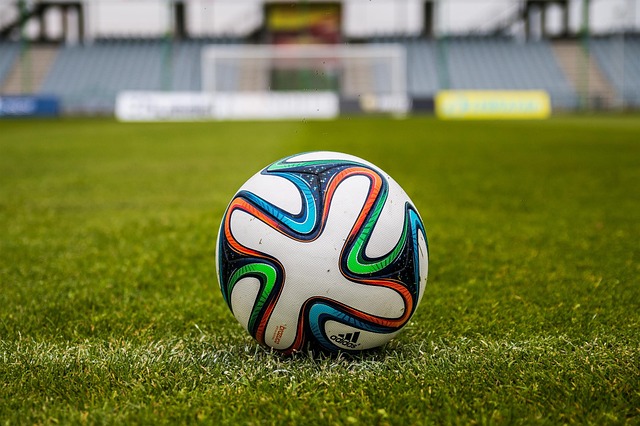
Qualifiers Europe
Introduction
The European Qualifiers for the 2026 FIFA World Cup represent a critical phase in international football, as national teams across Europe vie for a coveted spot in the tournament. This qualification process is not only a test of skill and strategy but also a reflection of the evolving landscape of football in Europe. As teams prepare for the upcoming matches, understanding the structure and significance of these qualifiers becomes essential for fans and analysts alike.
Qualification Structure
The qualification process for the 2026 FIFA World Cup involves a series of matches played by national teams across Europe. The UEFA member associations are divided into groups, with each team competing for points to secure their place in the tournament. The top teams from each group will automatically qualify, while others may have a chance through playoff matches.
Group Stages
In the initial group stage, teams are placed into various groups based on a draw. Each team plays home and away matches against the other teams in their group. Points are awarded as follows:
- Three points for a win
- One point for a draw
- No points for a loss
The teams that finish at the top of their respective groups will secure direct qualification to the World Cup. The number of teams qualifying from each group varies, depending on the overall allocation set by FIFA.
Playoff System
For teams that do not finish in the top positions of their groups, the playoff system offers a second chance. Sixteen teams, comprising the twelve group runners-up and four best Nations League group winners, will compete in a knockout format to determine the final spots for the World Cup. This playoff round adds an additional layer of excitement and unpredictability to the qualification process.
Current Landscape of the Qualifiers
As of the latest updates, several teams have emerged as frontrunners in their respective groups. Notably, Norway has demonstrated exceptional performance, winning all six of their matches and boasting an impressive goal difference. This marks a significant achievement for the Norwegian national team, as they aim to qualify for a major tournament for the first time since EURO 2000.
In Group K, England has also shown strong form under the management of Thomas Tuchel. With five wins from five matches and a solid defensive record, the Three Lions are on the verge of securing their qualification with a potential victory over Latvia in their upcoming fixture.
Challenges and Opportunities
The road to the World Cup is fraught with challenges. Teams must navigate injuries, tactical adjustments, and the pressure of high-stakes matches. Moreover, the evolving dynamics of international football, including the emergence of new footballing nations, adds complexity to the qualification process.
However, these challenges also present opportunities for growth and development. Teams that may not have a storied history in international competitions can leverage the qualifiers to build experience and cohesion. This is particularly relevant for nations that are investing in youth development and infrastructure.
Conclusion
The European Qualifiers for the 2026 FIFA World Cup are more than just a series of matches; they are a testament to the passion and dedication of national teams across Europe. As the competition intensifies, fans can expect thrilling encounters and unexpected outcomes. The journey to the World Cup is a reflection of the evolving nature of football, where every match holds the potential for history to be made.
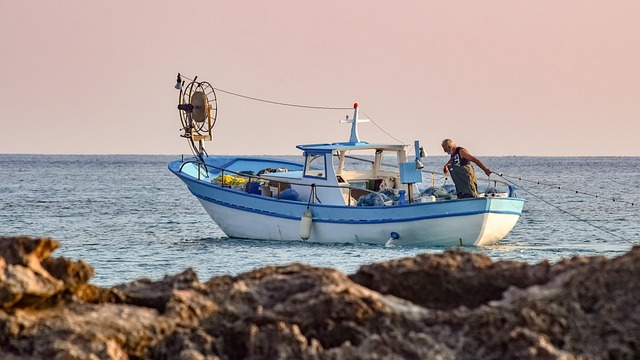
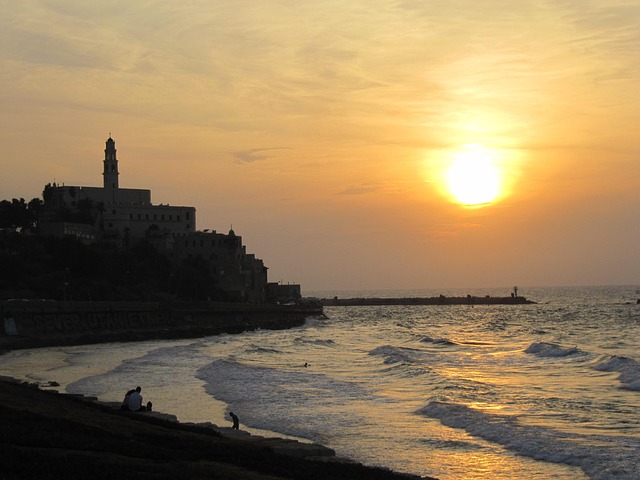





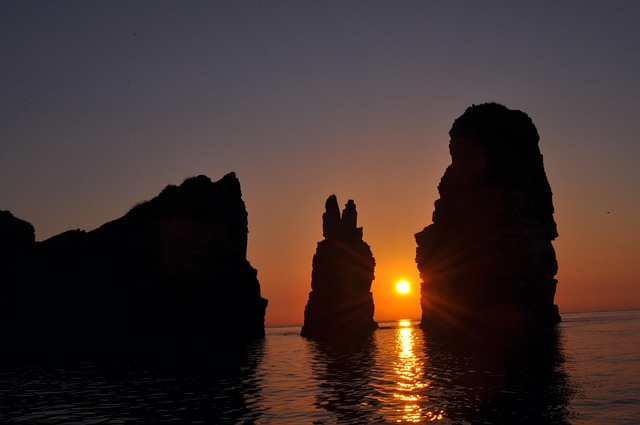







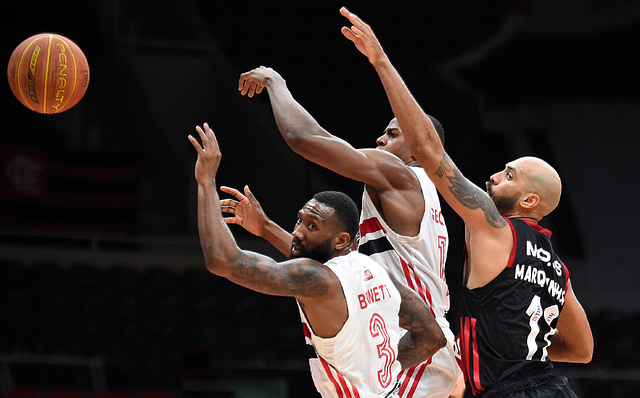

 Basketball Strategy: The Game Within the Game
Basketball Strategy: The Game Within the Game 
 Health
Health  Fitness
Fitness  Lifestyle
Lifestyle  Tech
Tech  Travel
Travel  Food
Food  Education
Education  Parenting
Parenting  Career & Work
Career & Work  Hobbies
Hobbies  Wellness
Wellness  Beauty
Beauty  Cars
Cars  Art
Art  Science
Science  Culture
Culture  Books
Books  Music
Music  Movies
Movies  Gaming
Gaming  Sports
Sports  Nature
Nature  Home & Garden
Home & Garden  Business & Finance
Business & Finance  Relationships
Relationships  Pets
Pets  Shopping
Shopping  Mindset & Inspiration
Mindset & Inspiration  Environment
Environment  Gadgets
Gadgets  Politics
Politics 